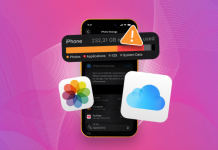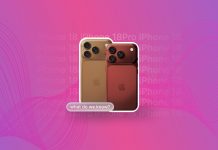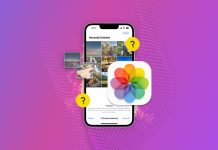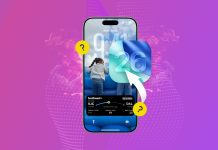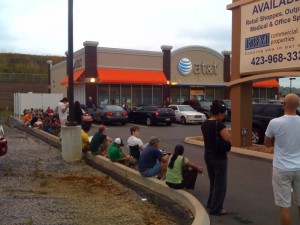 Why would the fine folks at AT&T worry about losing iPhone exclusivity when they have a majority of iPhone users locked in for years to come? There’s a higher liklihood that users will be sticking around than there is that users will jump ship to Verizon. Sure, a lot of people will be making the change when given the opportunity, but take it from a Canadian who’s had the luxury of having the iPhone on multiple networks for a while now, changing Telcos takes a major time commitment. AT&T knows it, and they even seem to be flaunting it these days. Randall Stephenson, while speaking at the Goldman Sachs Communacopia Conference, pretty much alluded to this during his speech.
Why would the fine folks at AT&T worry about losing iPhone exclusivity when they have a majority of iPhone users locked in for years to come? There’s a higher liklihood that users will be sticking around than there is that users will jump ship to Verizon. Sure, a lot of people will be making the change when given the opportunity, but take it from a Canadian who’s had the luxury of having the iPhone on multiple networks for a while now, changing Telcos takes a major time commitment. AT&T knows it, and they even seem to be flaunting it these days. Randall Stephenson, while speaking at the Goldman Sachs Communacopia Conference, pretty much alluded to this during his speech.
The Stephenson comments, while interesting, were a surprise for some, but if you haven’t deduced that on your own yet, you probably haven’t been paying much attention lately. They know they’ve got you locked in, and they certainly know that it’s a giant pain for people to cancel their account early.
Stephenson continued to add to the debate by also stating that two-thirds of the iPhone customer base on the AT&T network were already there to begin with. Only 33% of iPhone users on the AT&T network came from other networks. This is the point that really stuck out for me. If two-thirds of iPhone users were already on the network to begin with, what does that mean for market-share? Being in Canada, we only get the squeaky-wheel complaining about the iPhone exclusivity in the US, but are there really that many people still waiting for the iPhone to come to Verizon? If so, Apple’s got a huge boost on the horizon, and their market share will likely skyrocket once exclusivity ends. If there’s anything we can take away from the Stephenson keynote, it’s that Android better get a stock of diapers. Things could get really messy for them in the next year.
Article Via Market Watch


